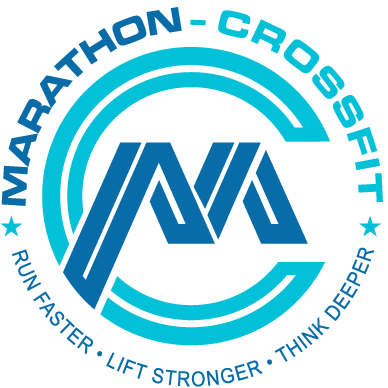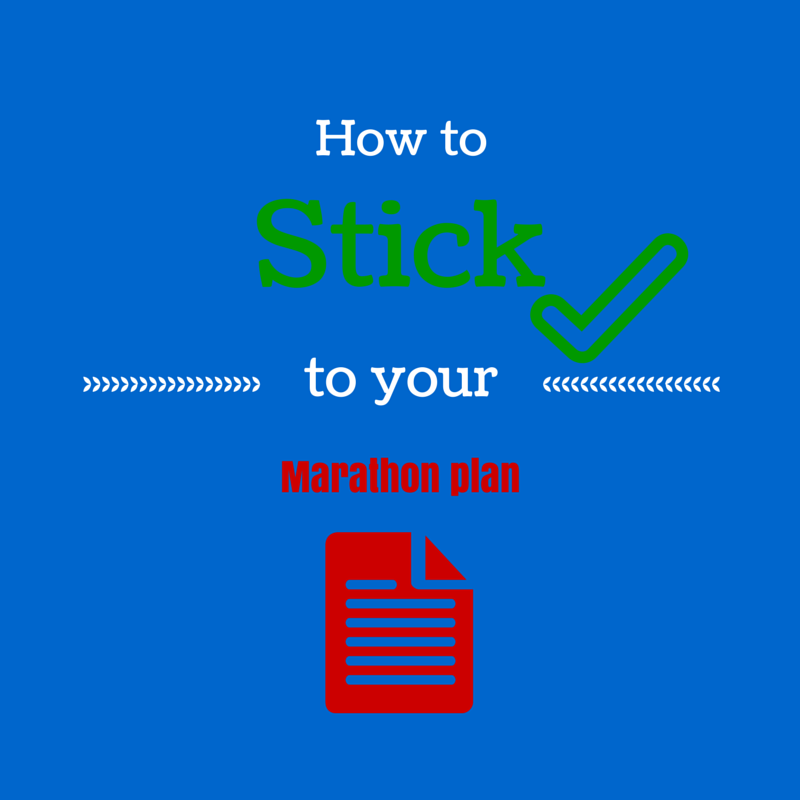How to stick to your marathon plan
You have decided to go for the big thing. The marathon with its 42km of unforgiving distance. Good for you, you will be proud when you finished. Here is how i made it twice and will make it more times, as I have not achieved my personal goals for the marathon yet.
Book the marathon, hotel & flights (most important)
I can not overemphasize this point. If you want to stick with it, book that date. Tie it down, make it a point of no return event. The best for me was actually to book and plan the next marathon after finishing the one before. Once everything is booked and tied up you will do it, except you will get injured. Do not just talk about doing a marathon and making a plan. First step is, book the date and put your money where your mouth is.
Set yourself a SMART goal
A smart goal helps you to keep on track during your training. I will not go into too much detail here as the given link explains it more, but your goal has to be
- Specific
- Measurable
- Achieveable
- Relevant
- Time bound
Just booking the marathon does not mean you have a smart goal yet. Determine your finishing time and compare it to your current status and level of fitness and if it is really achievable. This is something I did wrong. I thought it would be a piece of cake to run my first marathon in 3.30. Accordingly I over paced and went through a world of pain. As you have already booked your marathon by this stage, your goal will be time bound.
Pick the right training plan for you
Depending on which level of runner you are and what your goal is pick the according training plan. I personally found Hal Higdon's website to be very useful and educational for picking the right plan, if you take the time to read his material. I recommend spending time on picking the right program. It will safe you hassle, pain and discouragement in the long run (literally). The clearer your goal, the easier it will be to pick the right program for you. Hal Higdon's programs are a bit heavy on running a given distance. Once you get more advanced you might prefer a plan which gives you a certain amount of time rather than distance to run (the faster you get, the more likely it will be that running a total time rather distance will yield more benefits for you). If it takes you longer than 40 minutes to run 5km, maybe consider training for a half marathon first and not for a marathon, because the marathon will most likely take you 5 hours+ and that has certain risks attached to it which are better avoided.
Listen to your body
You will have bad days, good days and not unlikely one injury during your preparation. Listen to your body and play it along with your plan. If you are tired, go down with the pace overall and still perform the recovery, interval or long distance run prescribed. If you have a great day, try to break your current training best or mix in 1km / mile at higher speed to take advantage of it. If you have the same pain for more than a week extend your rest and maybe even consult a doctor. I am personally a fan of the "if it is not gone until my next session, i rest" rule. Be careful here, that you do not mistake unwillingness or slight discomfort for pain to use as an excuse to skip every second workout. That is not the idea.
Stay focused
There will be social occasions, other training opportunities, work commitments, business travels, project deadlines, baby's teething and a million other things to distract you from your training. Do not give into them. Easier said than done. My tip is to become an early riser and get your runs in when everyone else is asleep on weekdays and weekends. This is the least hassle to stay on course.
Tell the world your story
The more people know about your goals (part of this is reason why this blog exists) the more embarrassing it will get if you fail and the more enriching it will get when you reach your goal. Talk to as many people as possible what, how and why you are going to do the marathon, especially when it is your first. A nice side effect is that you will also raise awareness for the charity of your choice and do some good. Only watch out to not become a running bore and rave only about this topic. Get your point across and then ask a nice question about them.
Do cross train
Cross training will bring down your risk of injury and ensure you can run for years to come, if that is your thing. It can also be nice to have any form of bell (bar-, kettle, dumb-.your pick) in your hands to switch it up. Still stay focused. Your main goal is to make those 42km and not bulk up heavily. One of the mistakes I made!
Make sure that you have a varied plan
If you go with the sources I recommended you can not fall into this trap, because the plans I found there account for interval training and mixing these up. Make sure that your running plan makes good use of fartlek runs, hill runs, interval runs of different forms and shapes (variations of speed to time run recommend, if the intervals always stay the same during your program, reconsider). Variance will harden you up for race day and ensure that you will make some speed gains to brag about running like the wind.
Avoid over training
Honor the scheduled rest. It is scheduled for a reason. Your body needs rest to rebound from the new stresses you put it under and adapt to them. If you do not allow for this, gains will slow and you might push your body to breaking point. If you skipped workouts for valid reasons, do not make up for them on rest days. What is gone is gone. Use it to motivate you to stick to the plan in future.
If you skip something, try to skip recovery and easy runs.
Avoid skipping interval and long runs
The most crucial parts of your regime are the ones you will dread the most, the interval and long runs. Do not skip them, as this takes out major chunks out of the plan and makes it defunct. You will need them to meet your speed or endurance goals. Least harm is done, if you skip anything, when you skip the low profile recovery and easy runs in your program.
Further reading
- 12 practical tips for fitness coaches to be healthier
- As a man thinketh for fitness coaches
- Best apps for fitness coaches
- Choose yourself for fitness coaches
- Deep work for fitness coaches
- Finish for fitness coaches
- Grit for fitness coaches
- How fitness coaches get mindfulness easily
- How fitness coaches get unlimited power for their clients
- Mastery for fitness coaches
- Rework for fitness coaches
- The ONE Thing for fitness coaches
- The power of now for fitness coaches
- The power of positive thinking for fitness coaches
- The power of thinking big for fitness coaches


